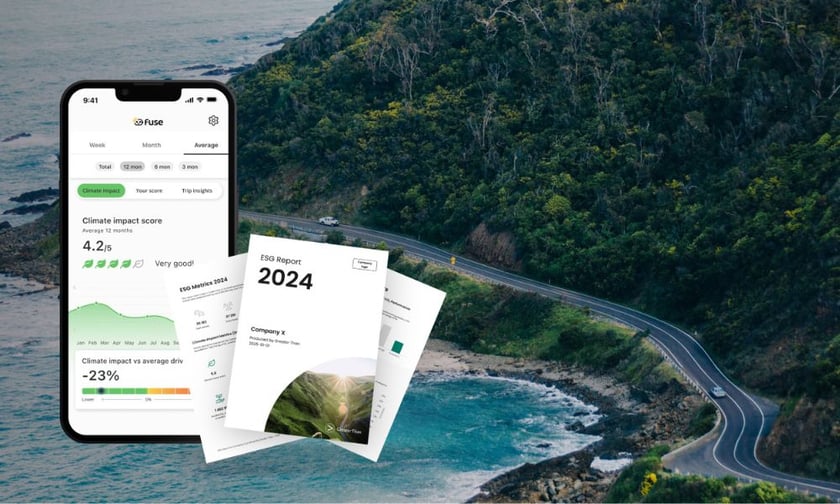

In May, the Australian Senate decided to establish a select committee to investigate a pressing issue: the influence of climate change on insurance premiums and availability.
With a final report due in mid-November, the Senate Select Committee is gathering insights from diverse stakeholders, particularly those directly affected by climate-related disasters.
The committee’s call for public submissions invites individuals and organisations to share their experiences regarding insurance challenges in the face of increasing climate threats. This comes amid reports many Australians are feeling the financial strain of rising premiums and the shrinking availability of coverage in high-risk areas.
Senator Mehreen Faruqi, chair of the select committee, emphasised the importance of direct testimony. “The committee is keen to hear directly from people and organisations about the growing challenges they face in relation to insurance given the increasing frequency of climate-related disasters,” she said.
This initiative is particularly relevant in the context of natural disasters that have recently impacted communities, including floods, bushfires, and cyclones.
In August, the committee convened its first public hearings in Ballina, New South Wales, and Brisbane, Queensland—regions that have been severely affected by climate-induced events. During these sessions, participants included disaster-affected individuals, local businesses, insurers, and government officials, all sharing their insights on the changing insurance landscape.
As the inquiry progresses, the committee will travel to Sydney, Melbourne, and Canberra in September and October to continue gathering evidence. These hearings will delve into the economic ramifications of soaring insurance premiums, the availability of coverage in high-risk regions, and potential policy solutions aimed at redistributing climate-driven risks across the economy.
The committee’s findings are expected to significantly influence future government policies.
“The committee also looks forward to hearing suggestions for change so that it can make meaningful recommendations to government for reform,” Faruqi said.
The insurer also advocates for reforms in planning, disaster preparedness, and risk management, underscoring the need for collaboration between government, communities, and insurers. Without proactive measures, they warned, insurance affordability will further decline, especially in high-risk areas.
The submission of Allianz Australia echoed these concerns, highlighting the mounting difficulty of maintaining affordable insurance amid rising claims costs and a tightening reinsurance market. The insurer highlighted flood risk as a particularly pressing issue, with premiums for high-risk areas becoming increasingly unaffordable.
Allianz stressed that while climate risk is not yet integrated into premium pricing, it is likely to worsen future affordability challenges. They advocate for government-backed initiatives, such as a national flood reinsurance pool, alongside better land-use planning and flood-resistant construction to help protect communities and reduce insurance costs.
Do you have something to say about this story? Let us know in the comments below.
